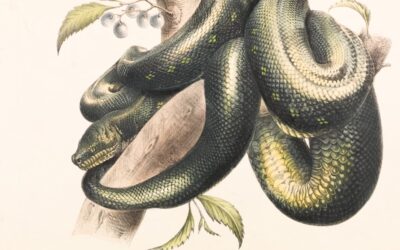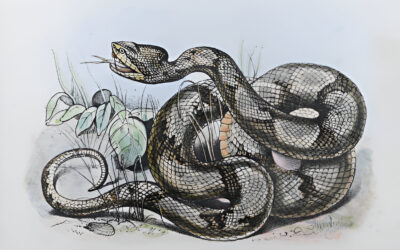Florida Rat Snake Types: An Overview of Identification Features
Introduction
Florida Rat Snakes are a group of snakes found throughout Florida. They come in various sizes and colors, ranging from the small Florida Corn Snake to the large Florida Black Rat Snake. These reptiles have adapted to their environment over time, making them well suited for life in Florida’s humid climate and diverse habitats. In this article, we will explore all aspects of Florida Rat Snakes including their physical characteristics, diet, behavior and habitat preferences. We’ll also compare them to other species of rat snakes found in Florida and discuss what makes them unique among other snake species native to the state.
Overview of Florida Rat Snakes
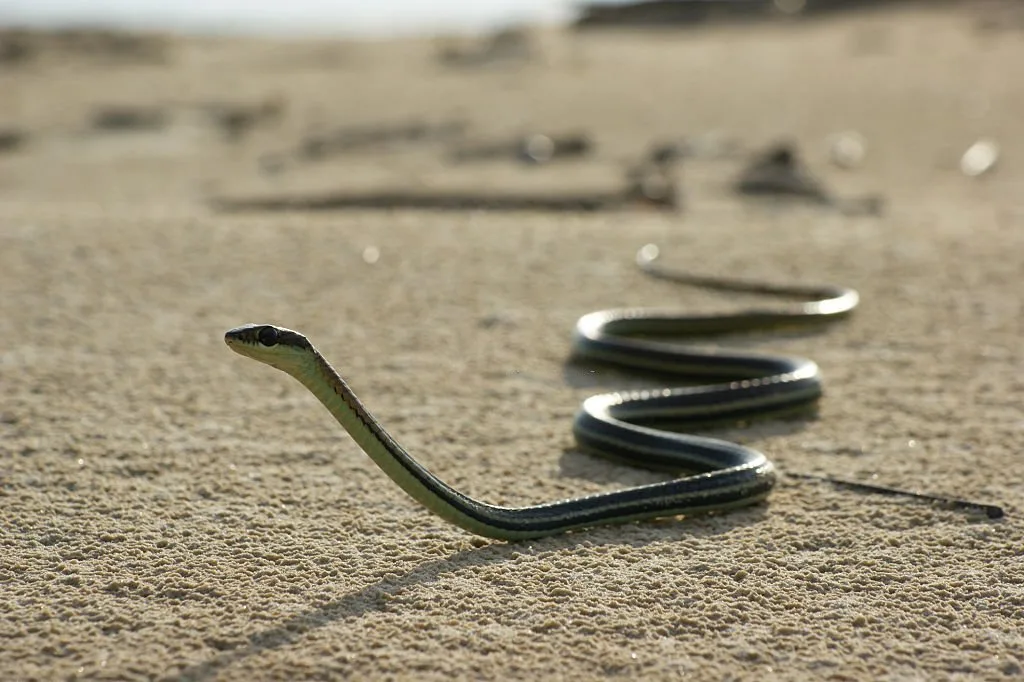
What Is A Rat Snake?
How do I identify a rat snake?
How many types of rat snakes are there?
Types of Florida Rat Snakes
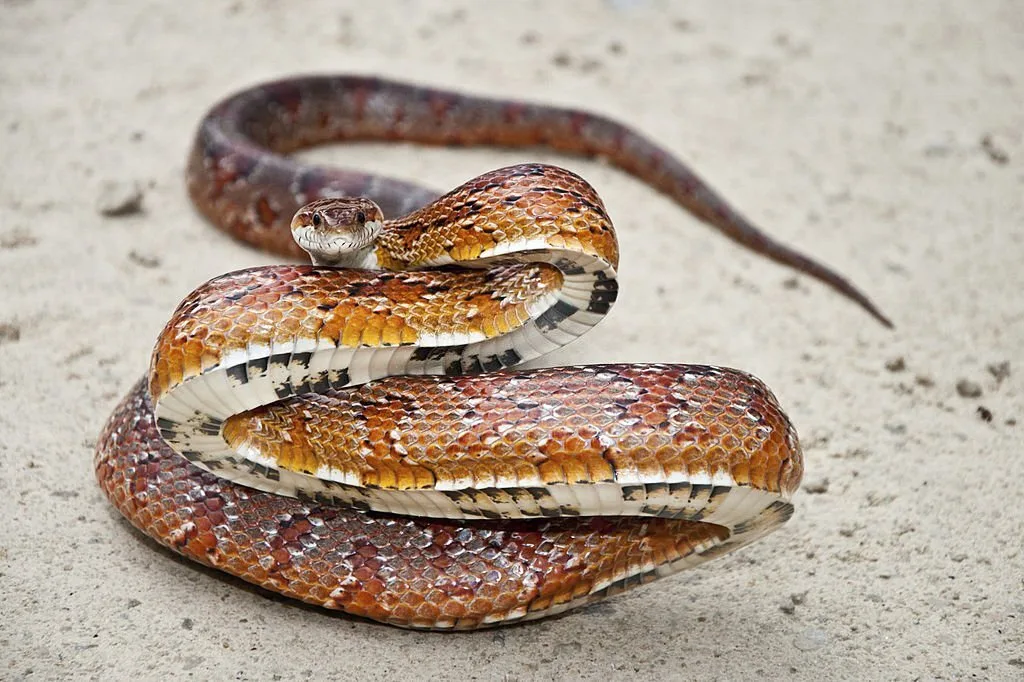
Florida Corn Snake
Florida Corn Snake

Florida Black Rat Snake

Florida Black Rat Snake

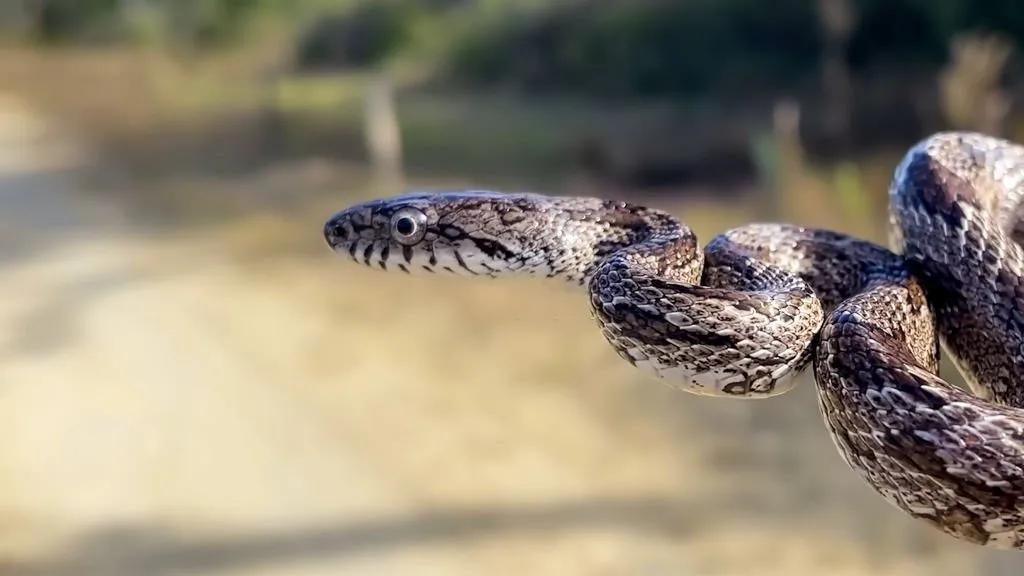
Florida Gray Rat Snake
Florida Gray Rat Snake

Florida Kingsnake

Florida Kingsnake

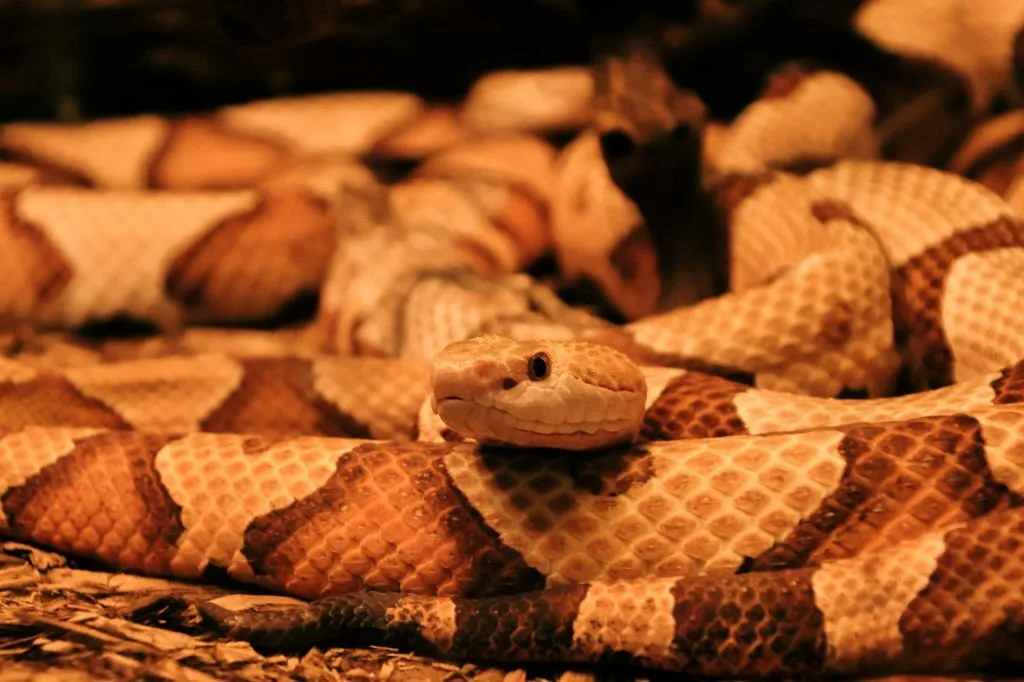
Copperheads
Copperheads


Red Rat or “corn” Snake

Red Rat or “corn” Snake



Hognose Snakes
Hognose Snakes

The milk snake (scarlet kingsnake)
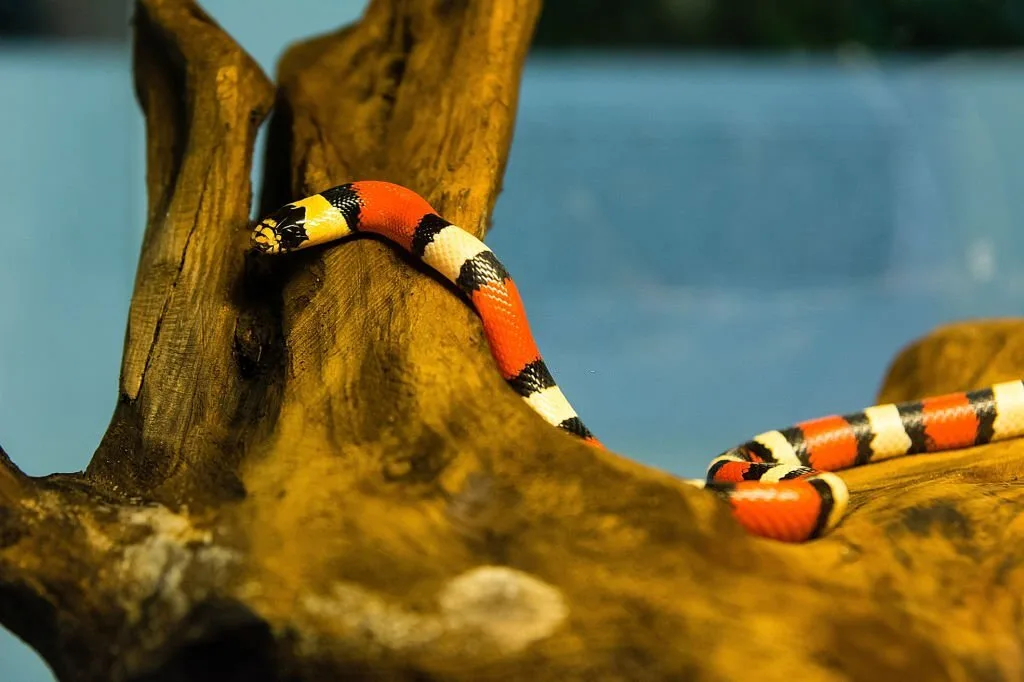
The milk snake (scarlet kingsnake)


Garter and Ribbon Snakes
Garter and Ribbon Snakes

Florida Yellow Rat Snake
Florida Rat Snakes are an interesting and diverse group of snakes that can be found throughout Florida and the surrounding regions. They come in a wide variety of sizes, colors, shapes and behaviors and make fascinating pets for those who have the proper knowledge and expertise to care for them. From the small Florida Corn Snake to the larger Florida Hognose and Florida Milk Snake, Florida Rat Snakes have something for everyone. Whether you are a beginner or an experienced herpetologist, Florida Rat Snakes can provide hours of fun and education.
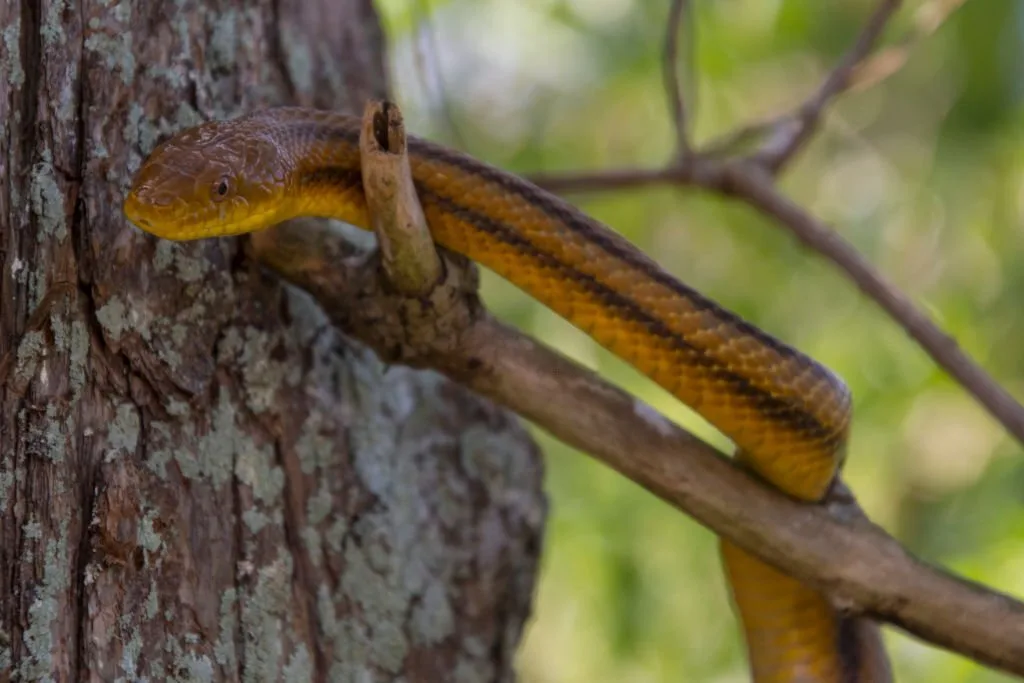
Florida Yellow Rat Snake

Florida Rat Snakes are an interesting and diverse group of snakes that can be found throughout Florida and the surrounding regions. They come in a wide variety of sizes, colors, shapes and behaviors and make fascinating pets for those who have the proper knowledge and expertise to care for them. From the small Florida Corn Snake to the larger Florida Hognose and Florida Milk Snake, Florida Rat Snakes have something for everyone. Whether you are a beginner or an experienced herpetologist, Florida Rat Snakes can provide hours of fun and education.
Identification Features – How to Identify Florida Rat Snakes
Florida Rat Snakes can be identified by their distinctive body shape, coloration, and size. The Florida Corn Snake is typically a medium-sized snake with an orange-red body and dark brown or black blotches. The Florida Red Ratsnake has a heavy, stocky body and can range in color from yellow to reddish-orange with black blotches down its sides. Florida Yellow Rat Snakes have a slender body and bright yellow coloration, while Florida Black Ratsnakes are large and generally black in color.
Diet and Feeding Habits of Florida Rat Snakes
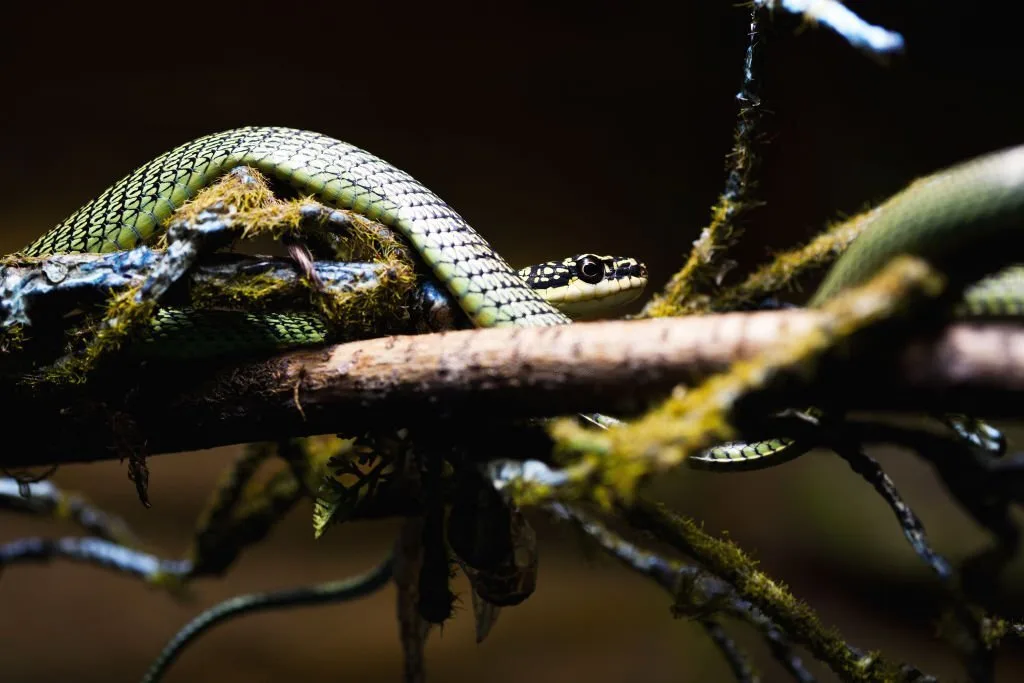
Comparison to Other Species of Florida Rat Snake
What Makes Florida Rat Snakes Unique Among Other Snake Species in the State
Florida Rat Snakes are uniquely adapted to Florida’s humid climate and diverse habitats. They have a wide variety of coloration, patterning, and sizes, making them easily distinguishable from other Florida snake species. Florida Rat Snakes are also known for their fierce hunting tactics and active lifestyle, which makes them a unique species among Florida’s snake population.
Conclusion
Content Summary
More From This Category
Discover Ohio’s Garter Snakes and Their Habitats
Ohio has various garter snakes, each with unique characteristics and behaviors. These snakes play a significant role in Ohio's wildlife, contributing to the ecosystem in multiple ways. This comprehensive guide will explore the different types of garter snakes found in...
Discover Tennessee’s Hidden Gems The Rat Snake Guide You Need
Introduction Rat snakes are a fascinating and vital part of Tennessee’s wildlife. These nonvenomous snakes play a crucial role in maintaining the balance of our ecosystem. Understanding them helps us coexist peacefully and contributes to conservation efforts. This...
Discovering Alabama Kingsnakes: A Comprehensive Guide for Reptile Enthusiasts
Alabama is home to some of the most fascinating kingsnakes in the United States. These reptiles play a crucial role in the ecosystem and captivate reptile enthusiasts with their unique behaviours and striking appearances. Whether you're a seasoned herpetologist or a...

